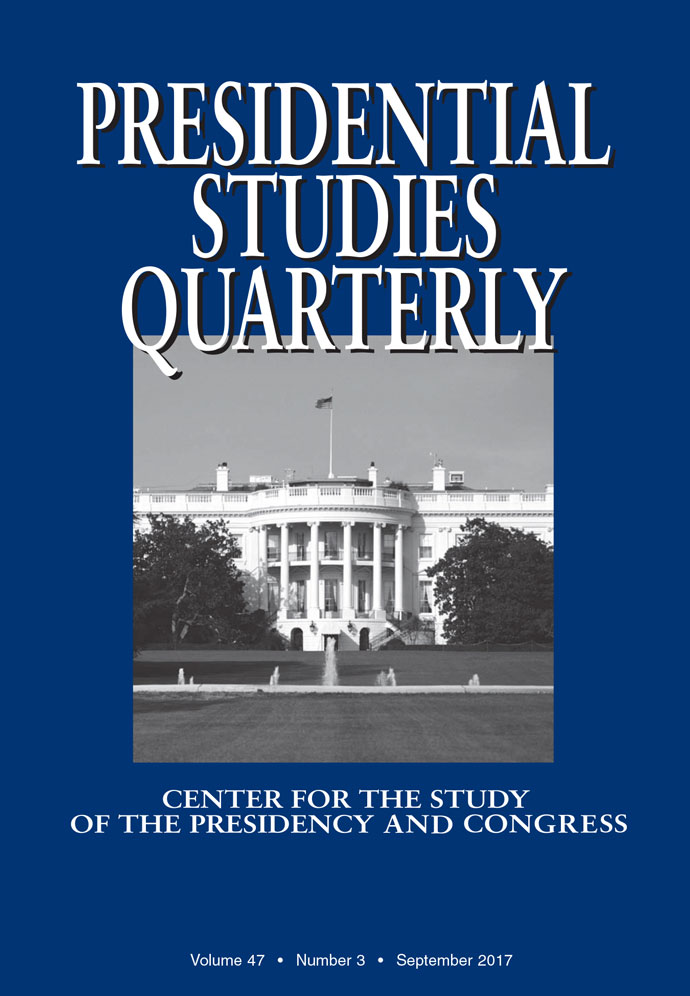Polls and Elections: Socioemotional Selectivity Theory and Vote Choice
Abstract
Socioemotional selectivity theory posits that individuals invest more selectively in goals and activities that are emotionally meaningful as they age and time horizons gradually shrink. We extend socioemotional selectivity theory to the domain of voting in elections. We use data from the 2012 American National Election Study to test the hypothesis that older voters would place greater emphasis on emotional reactions to the candidates in their presidential voting, relative to younger voters. The empirical evidence suggests support for this contention, implying socioemotional selectivity extends to voting.




